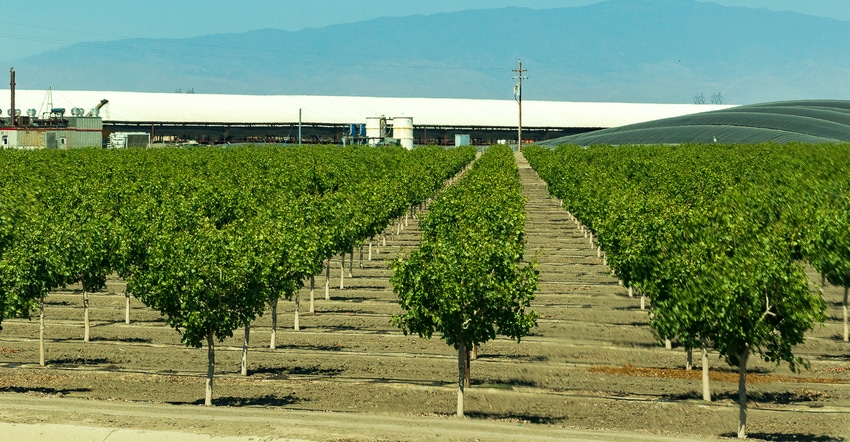
It's crop report season in California. This may be less of an issue for most, but for the county agriculture departments, their boards of supervisors and the journalists tasked with covering these issues, it's a bit bigger. Especially for those counties that count their agricultural output in the billions of dollars.
In 2019 there were 14 counties across the state with gross agricultural output more than $1 billion. Fresno County led the others that year with a gross agricultural value of over $7.7 billion. While it remains to be seen whether Fresno County will hold its top spot in 2020, or will cede it to Kern or Tulare, the three counties combined lead the gross agricultural output of most states.
We know Kern's number already. Tulare County will announce its 2020 crop numbers on Oct. 5. Fresno's release date has not yet been announced.
While these numbers offer bragging rights of sorts for local elected officials in the three counties, we know how these figures are interconnected with other critical issues in the state. For instance, water and power continue to move to the forefront as drought plagues the West.
Someone recently asked me after I posted Kern's record figure to social media how that is possible in a drought. It's a good question. Perhaps commodity prices were higher for what was grown, though we know that wasn’t the case for almonds, a major crop grown across the Central Valley.
It illustrates a "what could have been" question. What if drought were not an issue in California and growers were able to irrigate their crops sufficiently? What if almond prices had remained higher instead of falling significantly due to world oversupply? An extra $1 per pound average on the county's current almond production (that's close to what growers lost in the markets last year) would add another $590 million to the county's gross agricultural output.
Keep in mind that despite a record gross crop value, the number is just that – a gross figure. Profit and loss are not factored in what the counties report to the state. Those numbers are private and remain between the grower and his or her accountant.
Therefore, policy questions that raise the cost of doing business remain important to growers and their farm groups. Labor and power costs are set by state edict, the availability of irrigation water and market access likewise combine to take their cut from gross farm receipts. California currently has the highest utility rates, and the highest gas and diesel prices in the Lower 48. I am continually amazed by those who continue to produce the crops in the state that have long been chided for their low grower returns. Conversely, it's easy to explain away why crops like pistachios and almonds are so popular.
Why California does not hold the prominence it deserves as a farm state also escapes me, though it's understandable given how the political winds blow in Sacramento. Why do landlocked states that produce a small handful of commodities and must rely on rail to move their goods to export carry more weight in national policy matters than a state that produces well over 300 different commodities, grosses twice as much as the second-leading farm state, and has ocean access for all those export shipments?
About the Author(s)
You May Also Like






